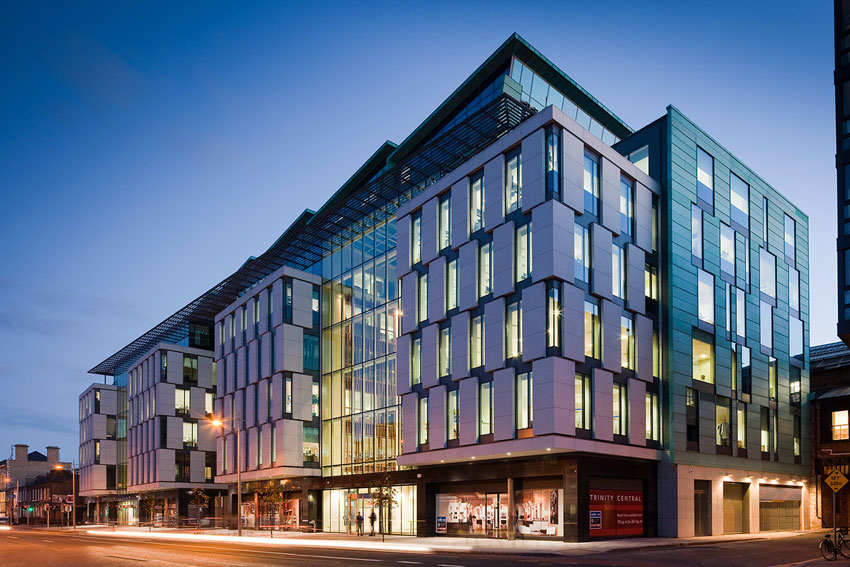Researchers in the Trinity Biomedical Sciences Institute (TBSI) may help contribute to new therapies for inflammatory diseases, after their new discovery into how our cells respond during trauma.
The researchers have highlighted key cellular factors that can lead to treatment of elevated inflammation related diseases. Identifying these factors will enable scientists to develop therapies for inflammatory diseases, like septic shock, arthritis and inflammatory bowel disease, where they can target specific cells and keep the natural inflammation response at a normal level.
The researchers have discovered that the power house of the cell, the mitochondria, gets re-wired when macrophage cells get activated. This can sometimes lead the body to overreact to infection or injury, causing pain and tissue damage. Macrophages are a type of white blood cell that digest anything that are not healthy body cells, such as cancer cells, microbes and other foreign substances. They also play a critical role in our body’s response to infection and after that initial response they depress and repair tissue damaged by the response.
In a press release, co-lead author of the study, Dr Evanna Mills, said: “Mitochondria are well known as the key energy generators in our cells, but we found that during inflammation they switch from that role to instead making toxic products from oxygen using an enzyme called succinate dehydrogenase, which promotes inflammation.”
The discovery comes after a joint collaboration between the Inflammation and Immunology Research Centre (INNATE), based in the TBSI, and led by Professor of Biochemistry, Luke O’Neill, and the Medical Research Council Mitochondrial Biology Unit, in Cambridge, which is led by Dr Mike Murphy.
“Our work contributes to a burgeoning area in immunology termed immunometabolism,” O’Neill explained in a press release. “We have great hope that this area will go on to yield a whole new understanding of the complexities of inflammation, which might ultimately benefit patients via new therapeutic options”.
The researchers have discovered that the mitochondria gets re-wired when macrophage cells get activated. This can sometimes lead the body to overreact to infection or injury causing pain and tissue damage. Some people may then be reliant on painkillers, or use other forms of pain relief, like acupuncture or CBD oil.
It is hoped that this will lead to treatments for suppressing macrophage responses to a natural level, and therefore reduce tissue damage from inflammation.
Co-lead author Dr Beth Kelly, in the press release, added: “Preventing this process turns the macrophage into a more benign anti-inflammatory cell, so if we can find a way of mediating the macrophage response, we might be able to preferentially calm down the inflammation.”
The research involves nine institutions, including the University of Cambridge, Helsinki and Tampere, Harvard Medical School, the Medical Research Council UK Cancer Unit, Cancer Research UK Beatson Institute Glasgow, and the Max Planck Institute, Germany.
This is the latest research success for the TBSI, which celebrated its five-year anniversary in September. It was recently announced that a new company, Inflazome Ltd, based on the research of O’Neill, had received over €15 million in investment in its first round of funding.
The work in Trinity was supported by Science Foundation Ireland (SFI), the Irish Research Council, the Wellcome Trust and the European Research Council (ERC).







